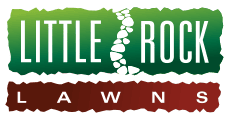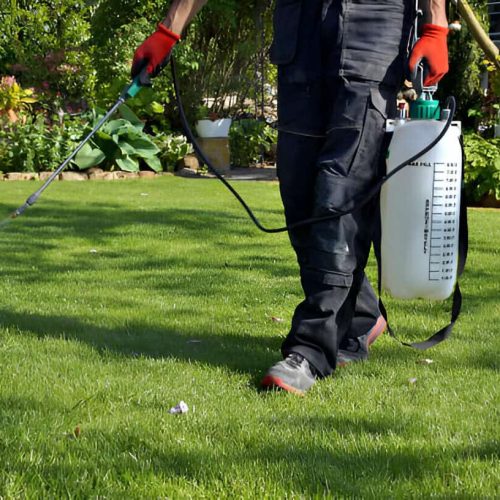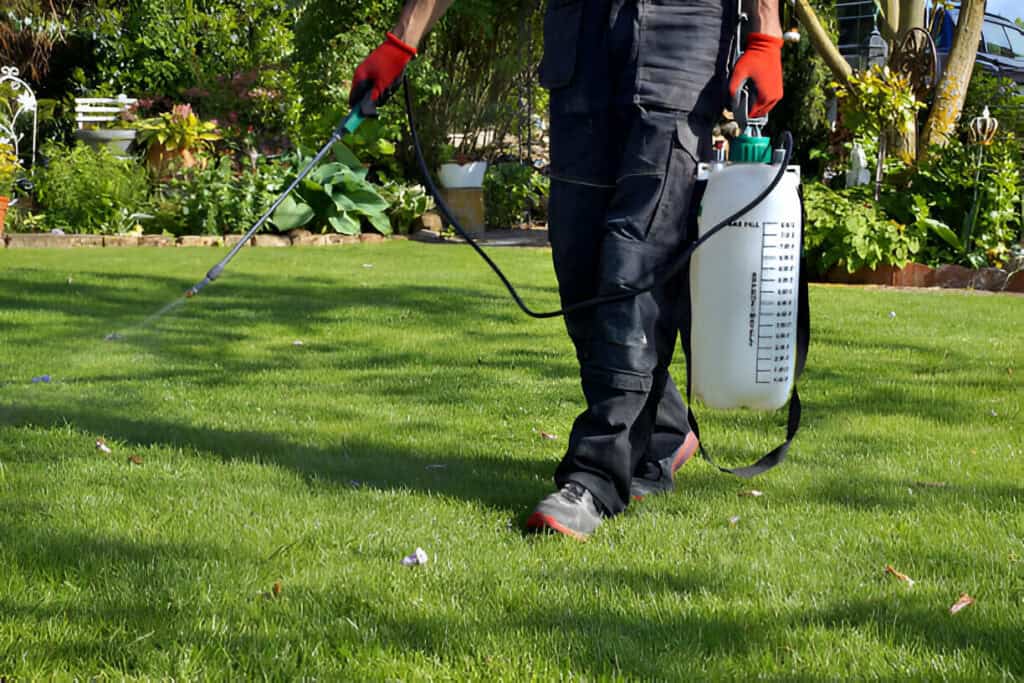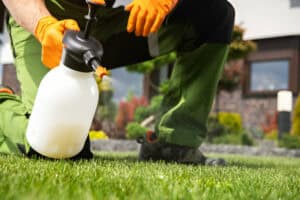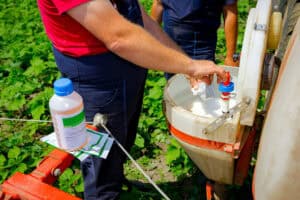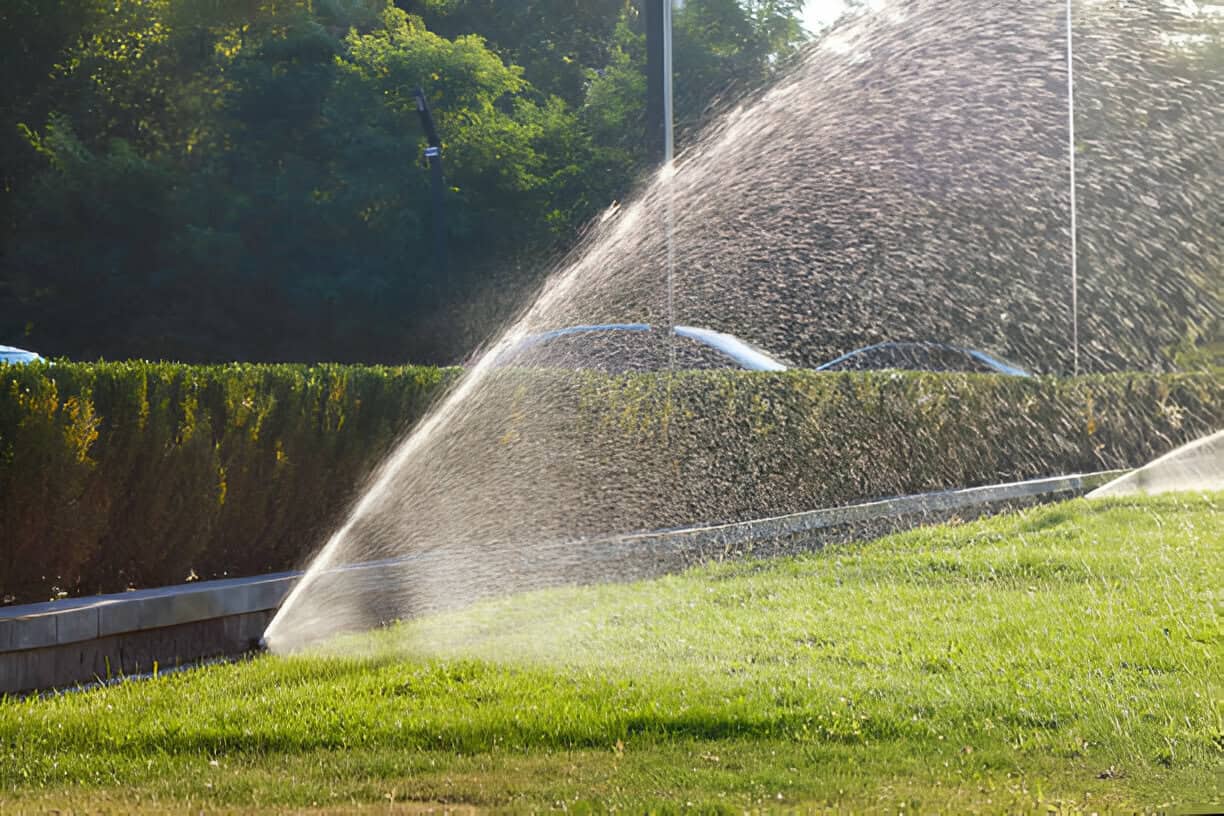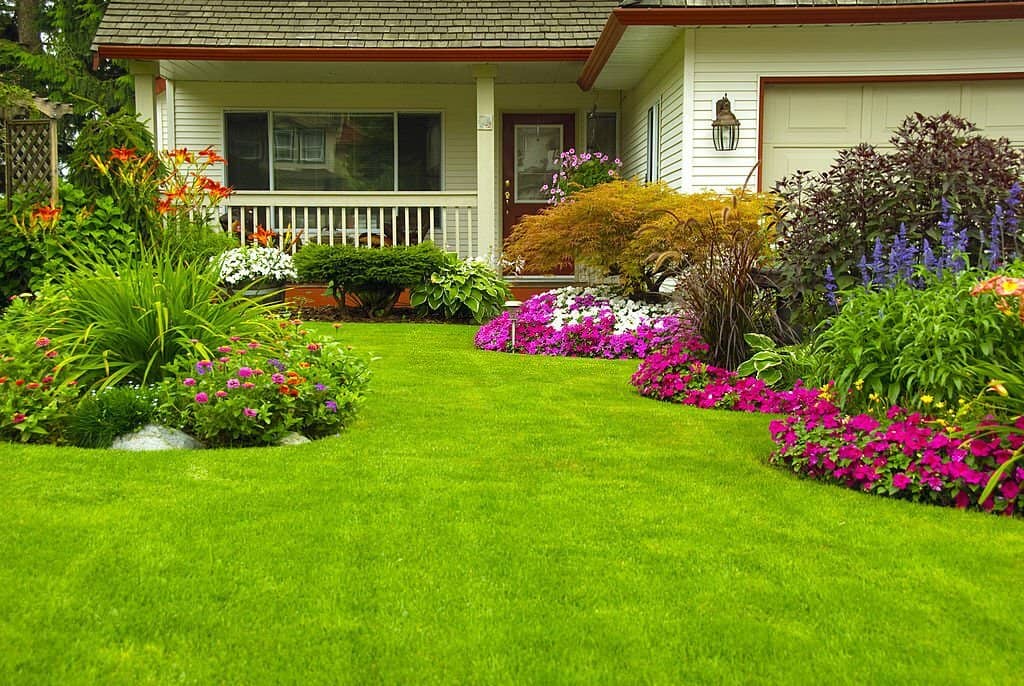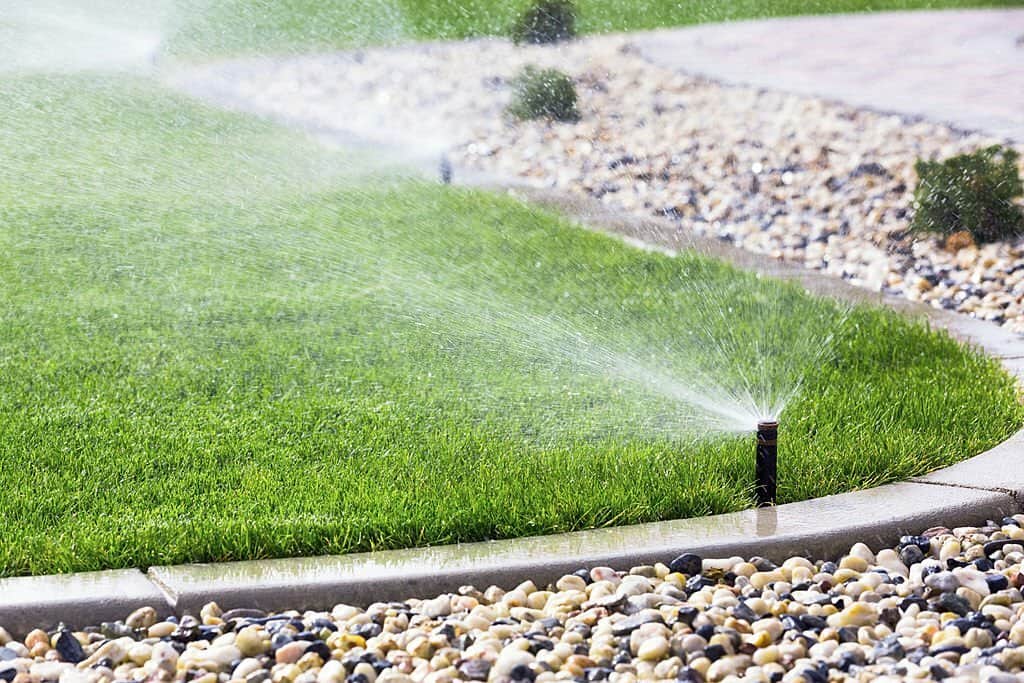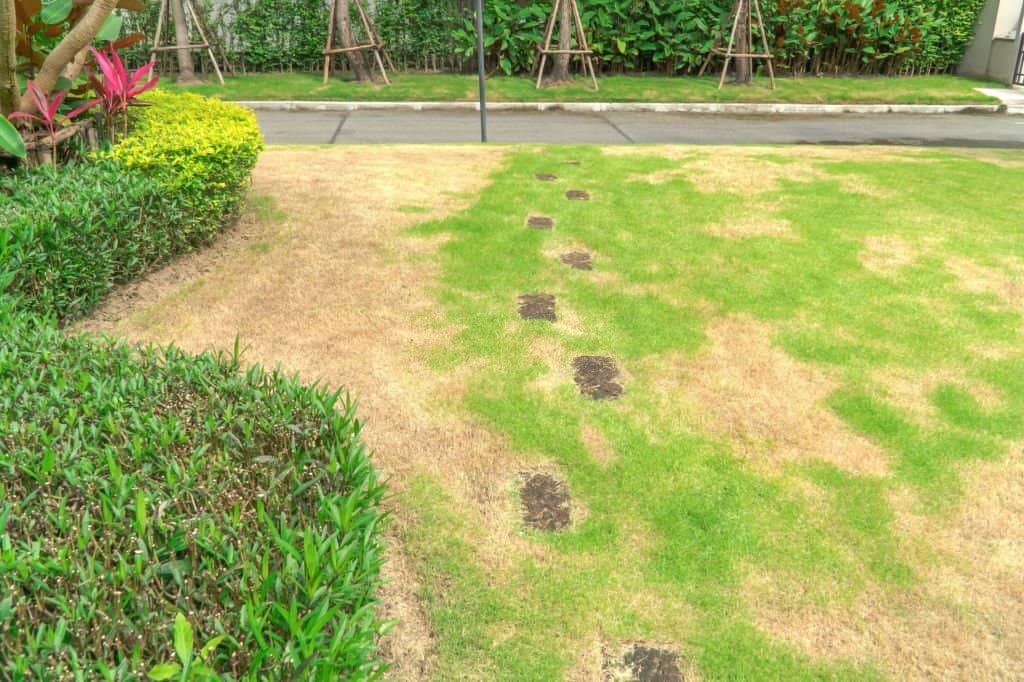Numerous chemical substances such as fertilizers, herbicides, insecticides, and fungicides are frequently used to keep a lush, green grass area. While these synthetics can help improve the appearance and health of your lawn, their safety is a major worry. Understanding the risks and following safety recommendations are critical for safeguarding yourself, your family, pets, and the environment.
Little Rock Lawns is a full-service lawn care company. Clark Carroll, our founder, holds a degree in turf management from Arkansas Tech University. He spent 15 years as a grounds supervisor for numerous prominent golf courses, including The Alotian in Arkansas and Southern Hills in Tulsa, OK, where he utilized his turf management skills and information.
Clark’s expertise has been applied to residential and commercial healthy lawn management since he founded Little Rock Lawns in 2012. Our environmentally friendly company can provide monthly maintenance services such as mowing, fertilizing, irrigation, treatment for insecticides, and weed killer in granular form.
Understanding Lawn or Grass Chemicals
Certain lawn care chemicals are generally divided into three categories:
- Fertilizers: Most fertilizer has nutrients such as nitrogen, phosphorus, and potassium, which enhance grass growth.
- Herbicides: These weed killing agents can be selective (targeting certain plants) or non-selective (affecting all plants and weeds, including grass roots). This is also effective for broadleaf weeds.
- Pesticides and fungicides: These chemicals combat pests and help in disease control, which can harm thick lawn areas and soil surface.
Potential Risks
Hazardous lawn synthetic substances pose significant dangers due to their active ingredients and how they are utilized. Improper application might cause a serious risk and health problems, such as:
- Human Health Risks: Depending on the chemical and the quantity of exposure, synthetic grass compounds can cause a high risk, causing skin irritation, respiratory difficulties, and more serious effects like hormone disruption and cancer.
- Pet Health Risks: When pets play on treated lawn areas, they can consume chemicals by licking their paws or fur, potentially causing potentially harmful poisoning.
- Environmental Concerns: Chemical compounds and most pesticides can leak into groundwater, flow off into streams, and destroy beneficial insects, birds, and aquatic life.
Safety Guidelines
Observe these safety tips to ensure minimal risk connected with toxic synthetic compounds.
- Read and follow labels carefully:
Each product has precise directions for application rates, timing, and safety considerations. Stick to these precautions to avoid overuse or incorrect handling. - Using Personal Protective Equipment (PPE):
When applying synthetic compounds, wear appropriate personal protective equipment (PPE) such as gloves, long sleeves, long pants, and eye protection. This can help to reducing risk of skin contact and inhalation. - Store Chemicals Safely:
Keep lawn pesticides or synthetic substances in their original containers, with the labels intact. Store them in a cool, dry area out of reach of your pet and children to avoid accidental consumption. - Apply Chemicals at the Correct Time:
Apply fertilizer, herbicides, and pesticides during calm weather to avoid drift. Early morning or late evening sprays are frequently recommended to prevent evaporation and wind effects. It is vital not to contaminate indoor air. - Avoid overapplication:
More isn’t better. Overapplication can injure your lawn area, pose higher risk health hazards, and cause chemical runoff. Stick to the prescribed application rates and timings to also avoid harming grass species. - Keep Children and Pets Away From Treated Areas:
After applying synthetic substances, keep children and animals off the grass or weeds and avoid exposing children to the area for the time stated on the product label, typically until the treated area is dry and safe from pesticide exposure. - Use Natural Alternatives Whenever Possible:
Consider organic or non-toxic alternatives to kill pests . Organic matter, corn gluten meal for weed control and biological pest control can all be efficient and safe alternatives. - Dispose of Chemicals Properly
Never dispose of toxic and harmful pesticides or synthetic grass and soil substances by pouring them down the drain or throwing them away. Follow local hazardous waste disposal guidelines to maintain healthy soil and the environment. These may be toxic to aquatic organisms vital to our ecosystem. - Educate yourself and others.
Keep informed about the products that you use. Understanding potential risks and safety measures leads to a healthier lawn and environment, including the risks affecting the central nervous system of humans. Share this information with your families and neighbors.
Conclusion
Hazardous lawn chemicals, toxic pesticides, and weed killers can be useful tools for keeping a lawn healthy and appealing, but they also pose concerns. Understanding the risk and following correct safety measures will help you protect yourself, your loved ones, and the environment. Prioritize safety and look into natural alternatives to produce a beautiful lawn that does not jeopardize health or environmental integrity. Taking these precautions will allow you to enjoy an active, safe, and environmentally friendly outdoor space.
Transform Your Lawn with Little Rock Lawns!
Are you ready to have the lush, green lawn of your dreams while prioritizing safety? Little Rock Lawns offers professional lawn care services that are both effective and environmentally friendly.
Get started immediately in transforming your lawn into a safe and beautiful refuge. Contact us today to schedule a free consultation and learn how we can help you create a healthy, inviting lawn that is safe for your family and pets.
